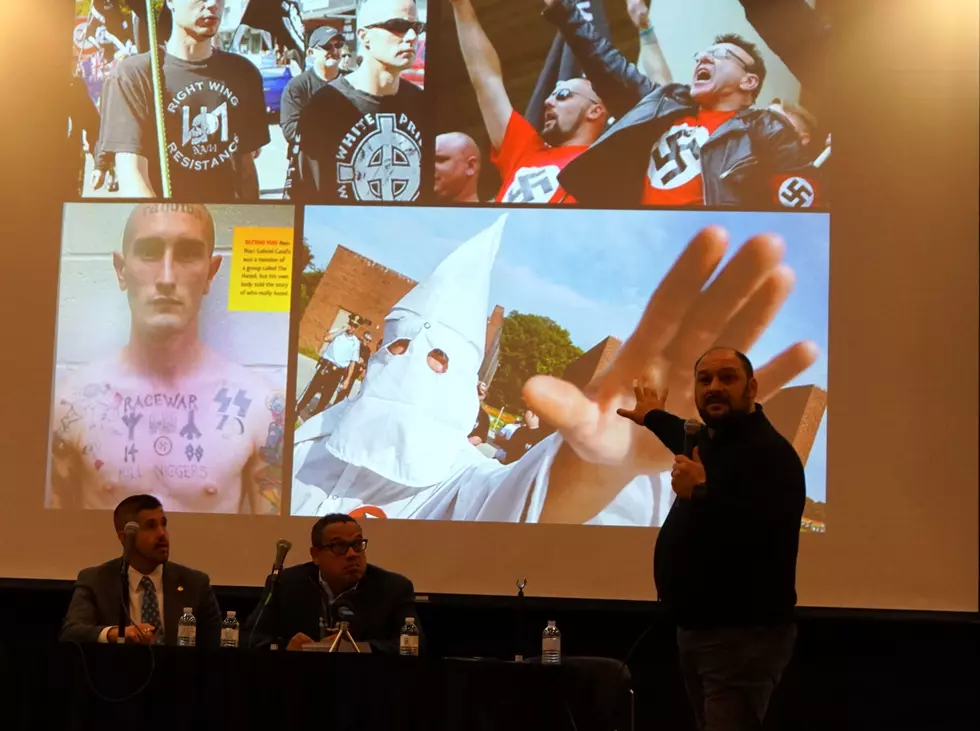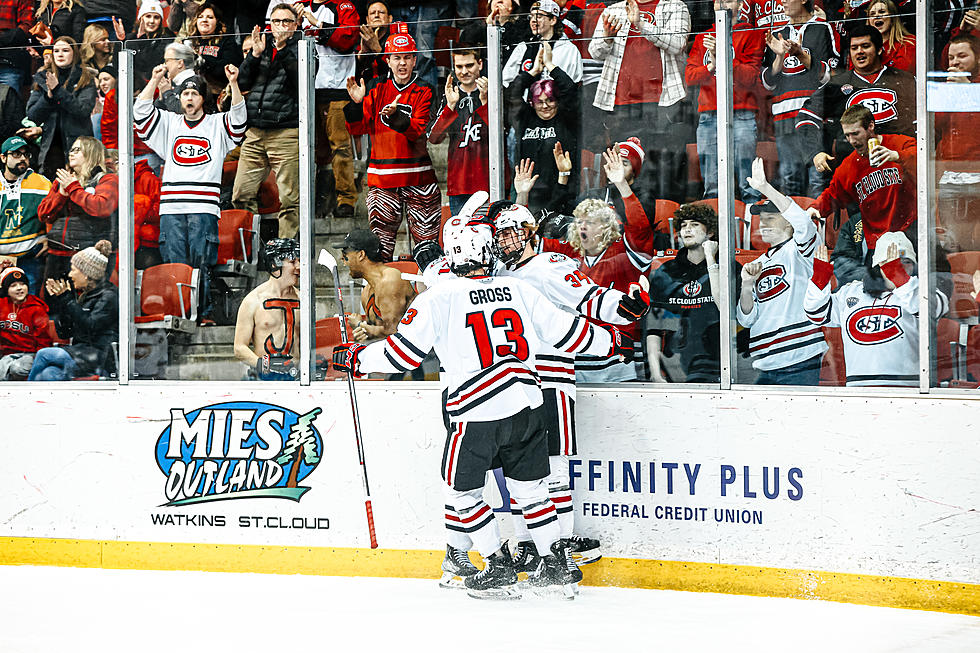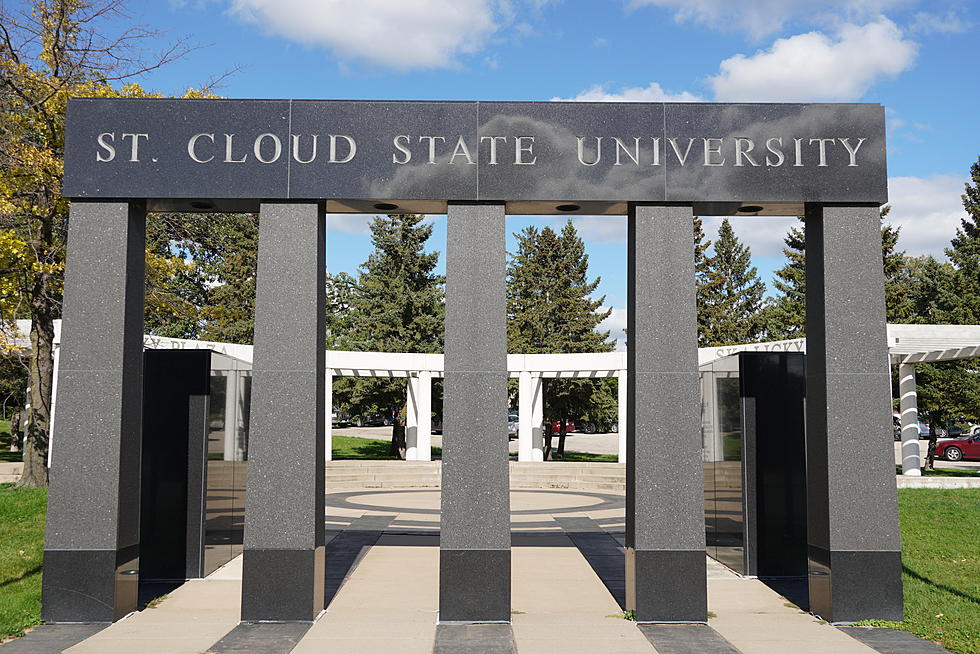
Ex-White Nationalist Leads St. Cloud Listening Session on Hate
ST. CLOUD -- What does it take to dismantle white nationalism?
Ex neo-Nazi Christian Picciolini believes it takes bringing people face-to-face with who they purport to hate, and starting a conversation.
Picciolini was the keynote speaker at St. Cloud's Community Listening Session on Hate Crimes, held Tuesday night at the Atwood Center Ballroom on the St. Cloud State University campus.
The event, also featuring Minnesota Attorney General Keith Ellison and MN District 14B Representative Dan Wolgamott, was a stop on a statewide listening session tour addressing the rising prominence of the white nationalist movement in Minnesota.
The topic was examined mainly through the eyes of Picciolini. He's an author and the founder of the Free Radicals Project, a global network that guides communities and individuals away from violence-based extremism.
"Hate has no place in this conversation," said Ellison, kicking off the listening session and introducing Picciolini. "It's hard to dislike people you've gotten to know. And, if you all don't reach out to each other and build some bridges, it's not going to work."
Picciolini says he wasn't a likely candidate for indoctrination into the white supremacist movement. Born in Chicago, his parents were Italian immigrants with many friends of other cultures. They often experienced prejudice themselves.
"I was not raised to exclude people," he says.
Picciolini believes extremism forms when people feel isolated. Catalysts can include physical or emotional trauma, a lack of education, mental illness and even extreme privilege.
"They're things that keep us separated from the rest of humanity, and it can manifest as hate," he explained.
Picciolini said he began to slip due to feeling abandoned by his parents, who worked long hours to support the family.
"I was delinquent and angry over not having that family unit," he said.
At 14, Picciolini was intercepted by a founding white power movement leader while standing in a Chicago alley.
He would spend the next eight years in the violent white supremacist skinhead movement. It ended his marriage, separated him from his kids, and threw his life into chaos.
In his early 20s, Picciolini opened a record store with the intention of mainly selling what he called “racist music.” When customers of different races or cultures would come in to browse other merchandise, he would talk with them.
Over time, he discovered he had more in common with people he “hated” than he thought. He closed the shop and quietly distanced himself from the white power movement.
In the decades following Picciolini's departure, he's devoted his life to helping others get out. One man Picciolini worked with was involved in anti-Muslim activity. Picciolini, under the guise of taking him to lunch, instead brought the man to the Imam of a local Mosque. After a two-hour conversation, the men talked, cried and forged a friendship.
"None of us are born to hate," he says. "It's something that we learn. And it's something we can unlearn."
While hopeful, Picciolini says the white power movement is growing faster than ever in the United States. White supremacists have started to mainstream their looks and ideologies, he says, making it easier for them to recruit members from mainstream America.
"It's gone from boots to suits," Picciolini says.
Picciolini says the internet has also boosted the recruiting power of white nationalist groups to young men and women.
"It's not exclusive to St. Cloud," Picciolini stressed. "It's something that's happening rapidly all over the country."
Picciolini says white nationalism must be addressed by those in positions of privilege.
"So many people still have a hard time admitting we have a problem," Picciolini says. "That's the first step. And then, it's actually taking action."
Picciolini believes change occurs at the local level when people really get to know one another. He says there's a myth that, in order for one group of people to thrive, another must suffer.
"Everyone benefits," he says. "It's not about taking anything away from anybody. Equalization for some people should not feel like oppression for anybody else."
"When we raise those who feel the lowest among us, we raise everyone."
More From AM 1240 WJON









